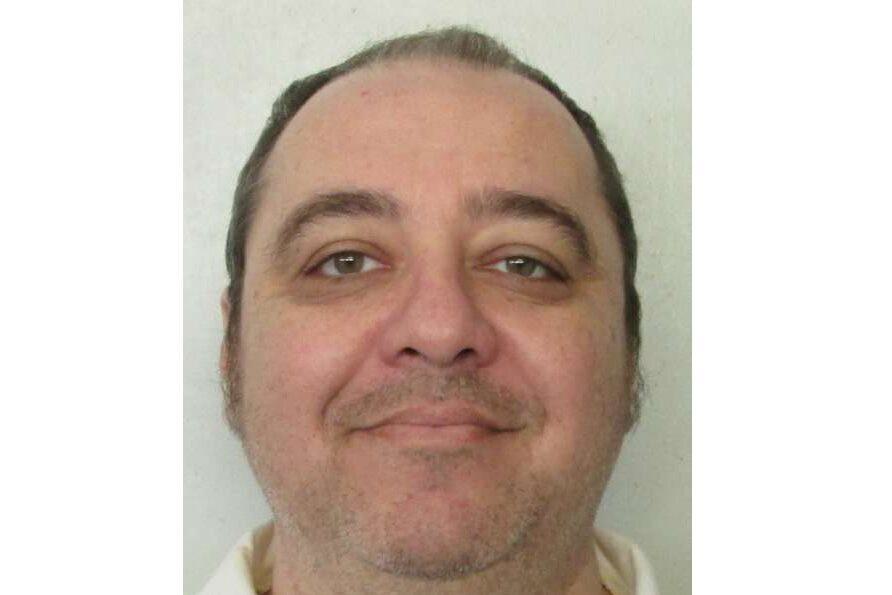The state of Alabama will seek to carry out its first execution by nitrogen hypoxia for Kenneth Eugene Smith.
Attorney General Steve Marshall filed a motion with the Alabama Supreme Court to allow the novel method of execution to go forward.
Smith was one of two men who were each paid $1,000 to kill Elizabeth Sennett on behalf of her husband, Rev. Charles Sennett, who was in debt and wanted to collect on insurance.
Sennett was found dead on March 18, 1988, in the couple’s home on Coon Dog Cemetery Road in Colbert County. The coroner testified that the victim had been stabbed eight times in the chest and once on each side of the neck. According to court records, Charles Sennett took his own life a week later when the murder investigation started to focus on him as a suspect.
Smith was initially convicted in 1989, and a jury voted 10-2 to recommend a death sentence, which a judge imposed. His conviction was overturned on appeal in 1992. He was retried and convicted again in 1996.
Smith has claimed it was the other man who stabbed Sennett and not him. John Forrest Parker, the other man convicted of the murder, was executed in 2010.
On Nov. 17, 2022, the ADOC called off the scheduled execution of Kenneth Eugene Smith after officials with the ADOC failed to establish an intravenous line to administer the lethal chemicals in the state's protocol, the second failed execution of 2022.
“It is a travesty that Kenneth Smith has been able to avoid his death sentence for nearly 35 years after being convicted of the heinous murder-for-hire slaying of an innocent woman, Elizabeth Sennett,” Marshall said.
Nitrogen hypoxia is a proposed execution method in which death would be caused by forcing the inmate to breathe only nitrogen. The process does not have a structured protocol, but it would involve replacing breathed oxygen with nitrogen, causing the individual to drift to sleep and pass away. Some have argued that the method would be more humane, while others have likened it to human experimentation.
It's authorized as an execution method in Alabama, Oklahoma and Mississippi but has never been attempted.
To connect with the author of this story or to comment, email craig.monger@1819news.com.
Don't miss out! Subscribe to our newsletter and get our top stories every weekday morning.










